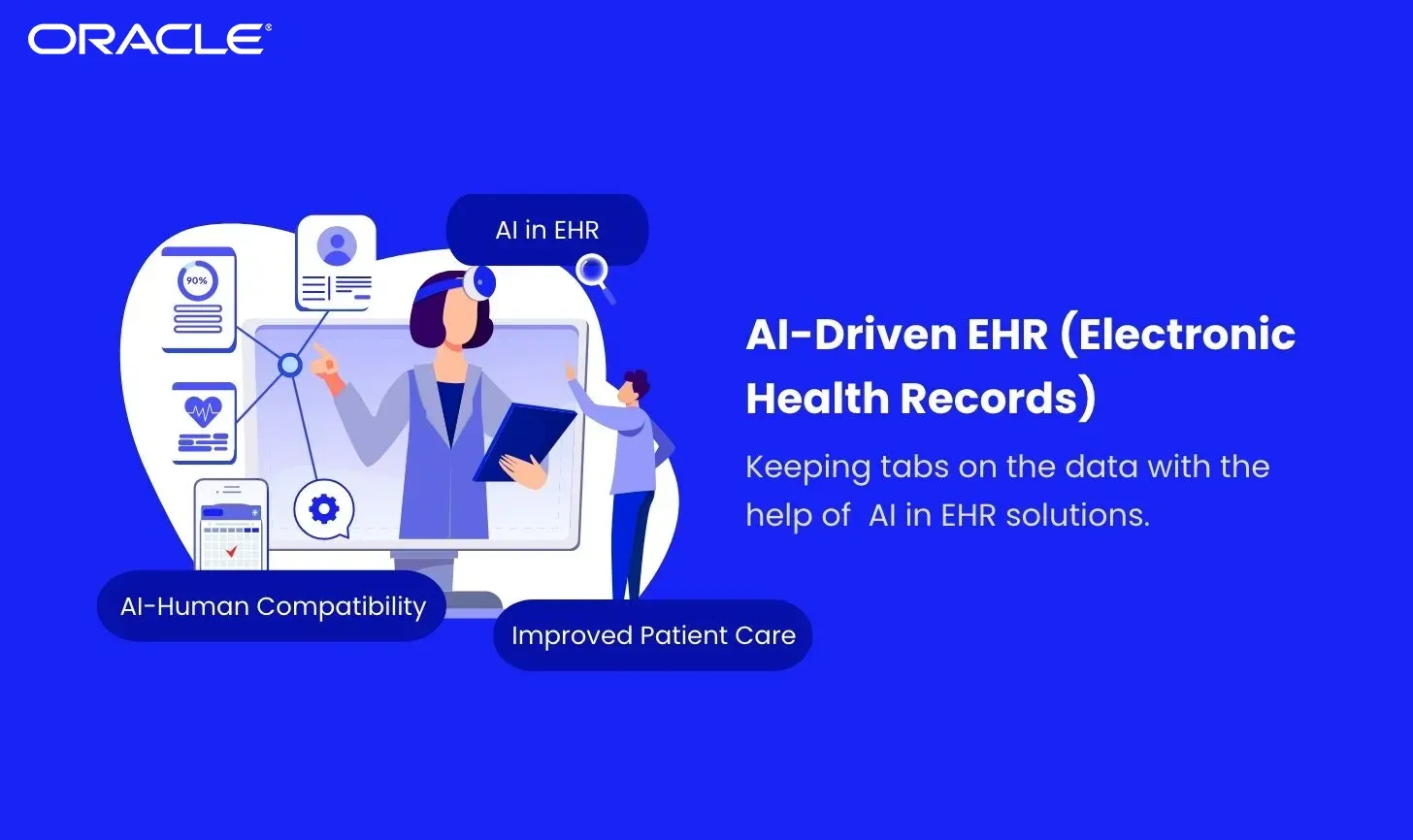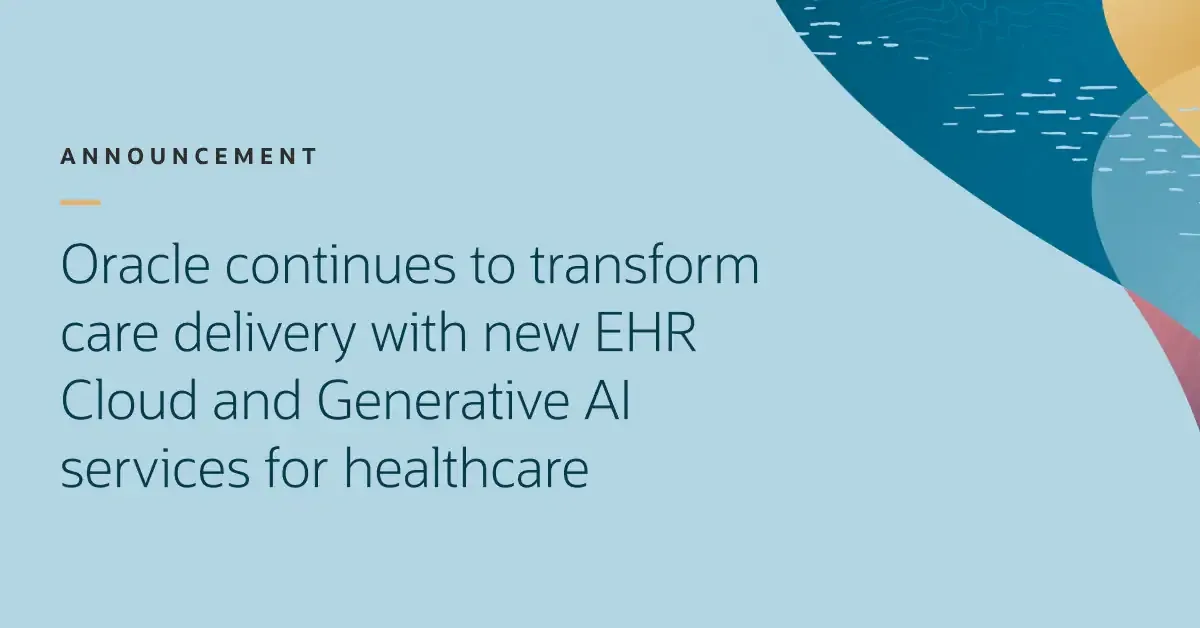Innovative Electronic Health Record System
Oracle introduced a cutting-edge electronic health record (EHR) system, marking its most significant healthcare product update since acquiring Cerner for $28 billion in 2022.
An EHR serves as a digital repository of a patient’s medical history, continuously updated by healthcare professionals. While traditional EHR software can be intricate and challenging for clinicians to navigate, Oracle aims to enhance usability with its new platform.

The latest EHR integrates cloud and AI technologies, streamlining setup and navigation. Unlike traditional systems that rely on cumbersome menus and drop-down screens, Oracle's EHR allows physicians to retrieve information simply by asking questions vocally.
This innovative approach is designed to help doctors minimize time spent searching for records, enabling them to focus more on patient care.
“It’s not just a scribe or an assistant; it’s like having your own resident,” said Seema Verma, Oracle’s Executive Vice President and General Manager of Health and Life Sciences, in a CNBC interview.
Transforming the EHR Landscape
Oracle's new EHR is a strategic move to bolster its position in the highly competitive EHR market, where it has faced challenges.
- In 2023, Oracle reported its largest net loss of hospital clients.
- Epic Systems, Oracle's main competitor, was the only firm to gain market share in acute care, as per KLAS Research.
- Cerner generated $5.9 billion in revenue for Oracle in fiscal 2023.
- Epic Systems earned $4.9 billion in the same period.
Verma clarified that the new EHR was not built on Cerner's existing framework, as the team determined that the current infrastructure needed an overhaul.
“You wouldn’t build new structures on a crumbling foundation,” she explained. Suhas Uliyar, Oracle’s Senior Vice President for Product Management in Clinical and Healthcare AI, showcased the system’s user-friendly design during a virtual demo.
Physicians will find a simplified interface featuring a search bar and a chronological list of appointments upon logging in.

They can ask questions like, “How many openings do I have for today?” and receive AI-generated responses almost instantly.
The system provides quick access to patient charts, summarizing their medical history, recent changes, medications, lab results, and other critical information.
Uliyar emphasized the efficiency of the voice-activated system, stating, “It goes through the entire history and gives me very specific answers,” eliminating the need for tedious document searches.
Additionally, the AI can learn physicians’ habits, streamlining their workflow even further.
While Oracle continues to roll out enhancements for existing Cerner customers, the new EHR incorporates features like the Oracle Health Clinical AI Agent, designed to automate documentation tasks for healthcare providers.
Currently used by around 70 clients, this tool allows physicians to record patient visits via an app, with the AI generating clinical notes automatically.
The early adopter program for Oracle's new EHR is set to begin next year, allowing customers to customize their experience. With a shift to cloud-based services, the implementation process is expected to be smoother.
“We see this as a significant disruption in the market,” Verma concluded. “Our EHR is poised to address many long-standing issues in healthcare.”







